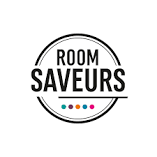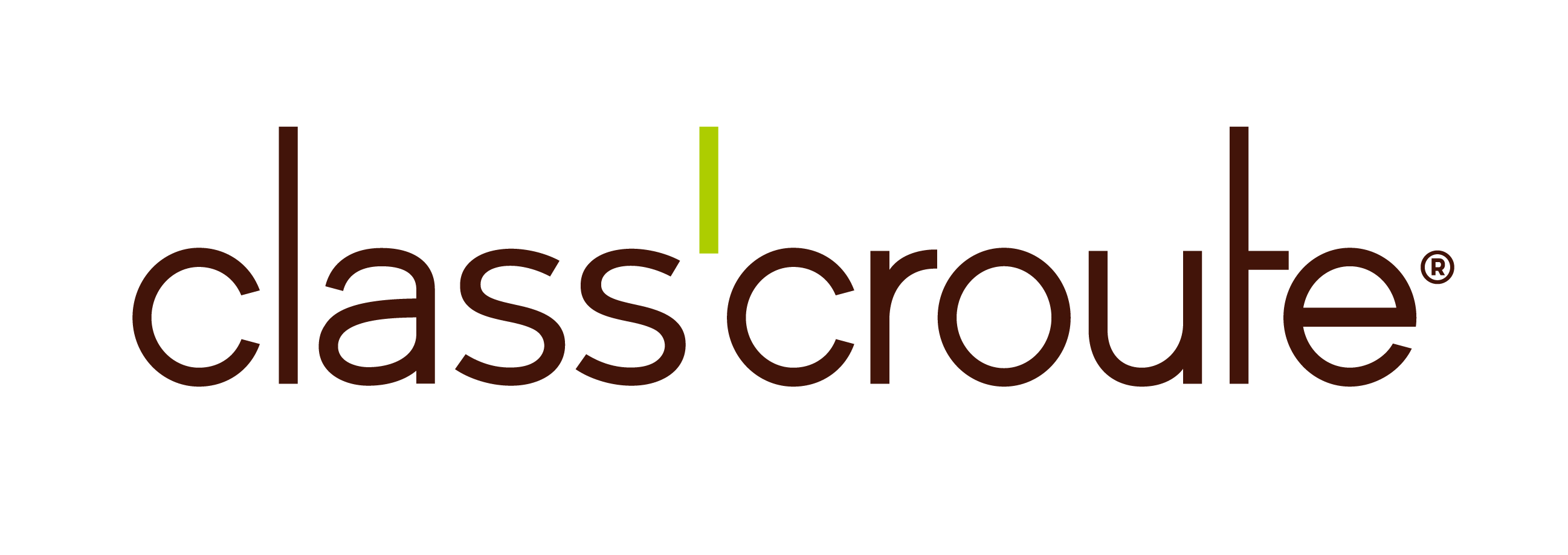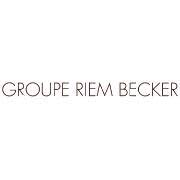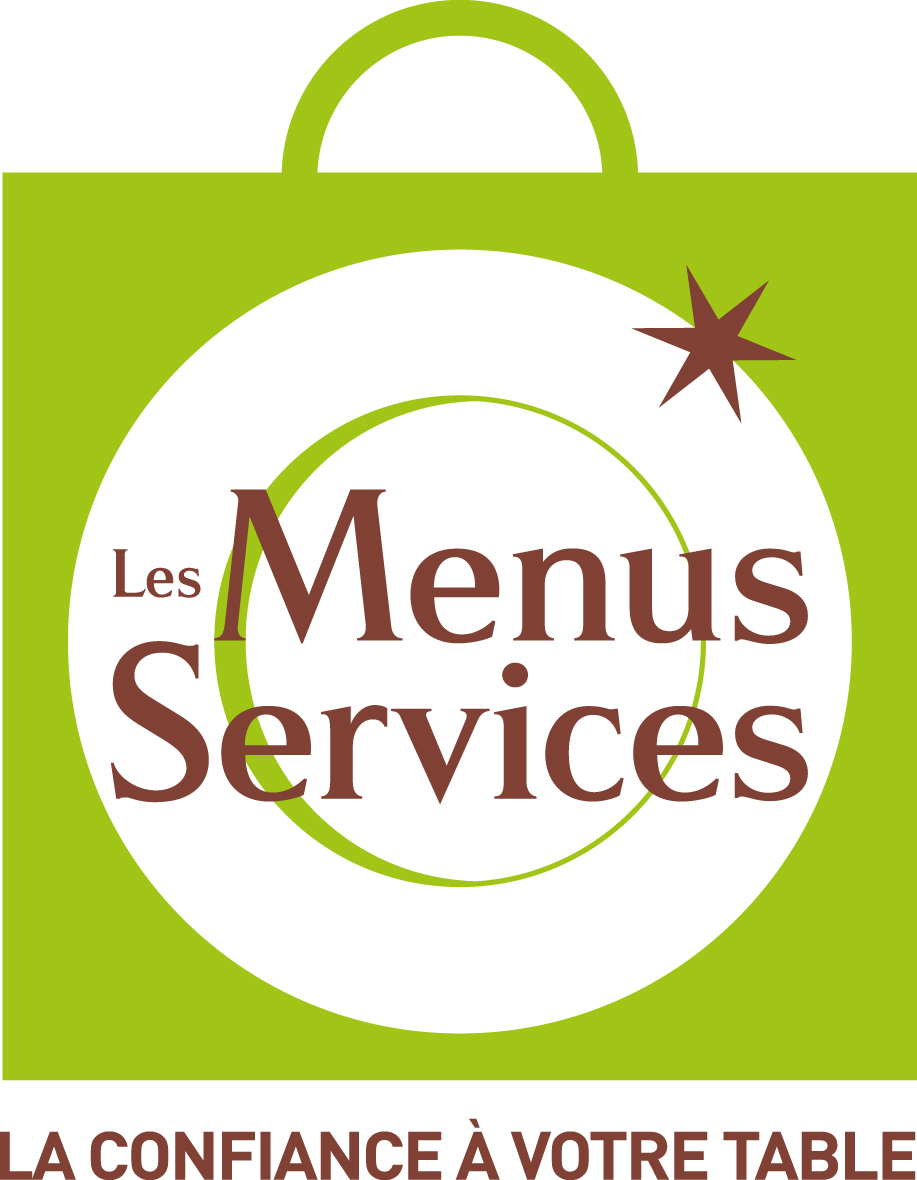Summary
The global meal tray market is expected to grow at a compound annual growth rate (CAGR) of 4.6% between 2022 and 2032, reaching a value of US$1.7 billion by 2032. This growth is driven by increasing demand for prepared meals post COVID-19, and a trend towards niche offerings such as kosher, halal, vegetarian and therapeutic meals. The market has a strong B2B component, with companies such as Avekapeti, Tout & Bon, and L'Affiche focusing on meal tray delivery for businesses, while Les Menus Services and Saveurs et vie cater to seniors with a more personalized offering. The tray meal market also faces competition from Foodtech companies such as Deliveroo for Business, Just Eat for Business, and Uber for Business, which have extended their services to tray meal deliveries for businesses.
The French market is particularly concentrated, with historical leaders such as Room Saveurs, Class'Croûte and Riem Becker playing key roles. Market growth is also influenced by changing eating habits in the workplace, with a focus on health and efficiency, and the possibility of increased telecommuting could have an impact on traditional tray delivery models. Health and hygiene regulations as well as government incentives, such as tax credits on certain personal services related to meal delivery, are also influencing sector dynamics
Emerging trends in meal tray market dynamics
The meal tray market in the country analyzed is undergoing a significant transformation, showing growth and competitive dynamism in its two main segments - corporate deliveries and home-delivered meals for the elderly. In the corporate world, meal trays are increasingly in demand as employees seek efficient, health-friendly catering options during their busy working days. This segment could see annual growth estimated at around 2% by 2023. Customized offerings and eco-responsibility are at the forefront of this market's growth drivers. In the corporate segment, companies such as Room Saveurs and Lenôtre have adopted "economical" offers to keep up with the competition, with prices for meal trays starting at less than €15 excluding VAT and climbing to around €28.90 excluding VAT respectively. This price adjustment is necessary to remain competitive with food techs like Deliveroo and Uber Eats, whose entry into the market has led to a general deflationary trend. Companies opt for meal trays because of their operational efficiency, as they are a suitable alternative to standard catered meals, suitable for events and regular employee lunches. In the senior meal tray segment, players such as Les Menus Services and Saveurs et Vie are registering demand linked to the ageing population and the increasing number of people losing their independence. Prices for these services vary according to formula and location, with a full à la carte lunch ranging from €13 to €14.60 and daily packages fluctuating between €18.60 and €18.90, with the possibility of tax credits further reducing the cost for end consumers.
This market benefits from government regulations that encourage personal assistance services, with tax assistance amounting to 50% of expenses incurred. The meal tray market, including the two sub-segments, is experiencing an ongoing trend towards diversification of the offering, mainly focused on wellness formulas, seasonal products and eco-responsible practices. Traditional market players are taking advantage of economies of scale, while new entrants are focusing on differentiation through partnerships with gourmet brands or by catering to specific dietary needs. Regulatory prowess and government-recommended practices Hygiene and safety reign supreme, with public bodies such as the "Direction de l'information légale et administrative" providing guidelines on the handling and delivery of various types of dishes according to their sensitivity to temperature variations. These guidelines are strict, ranging from guaranteeing cold deliveries at less than 3°C to maintaining hot meals at over 63°C. Emphasis is also placed on the need for suppliers to ensure end-to-end compliance, from integrity onwards.
Main competitors in the meal tray market
The meal tray market is a dynamic field with a wide range of players, from historic giants to enterprising start-ups. These companies, each with their own distinct strategies and services, are carving out a place of choice and vying for market leadership. Here, we highlight some of the key players shaping the industry landscape.
- Room Saveurs: A subsidiary of the Fleury Michon group, Room Saveurs is synonymous with gourmet meal trays. This historic leader in the corporate tray sector has made a name for itself by forging partnerships with luxury gastronomy brands such as Fauchon. It stands out for the quality of its offering for the corporate world, focusing on tasty, time-saving formulas that fit perfectly into busy company schedules.
- Class'Crôute: Known for its extensive franchise network, Class'Crôute has chosen a different path from Room Saveurs by expanding its presence through physical outlets. This strategic move enables the brand to establish itself in different localities and position itself as a preferred partner for companies looking for reliable, practical meal tray solutions.
- Riem Becker and L'Affiche: As a recognized caterer, Riem Becker has acquired L'Affiche from the Sodexo Group, moving up to third place in the meal tray sector. This operation underlines the trend towards consolidation in the market, as players seek to strengthen their capabilities and increase their market presence.
- Les Menus Service: Targeting a specialized segment, Les Menus Services focuses on the elderly with tailor-made meal delivery services that cater to their dietary needs and preferences. Through a network of franchised stores, the company not only serves meals, but offers personalized attention by employing dieticians to advise on meal selection, affirming its commitment to health and customer care.
- Saveurs & vie: Another dominant force in meal tray delivery to the elderly, Saveurs & vie provides nutritionally balanced meals with an emphasis on freshness and hygiene. Operating in targeted regions, it has made significant inroads into the specialized market of elderly people requiring meal assistance.
- Foodtech startups (Popchef, Foodchéri, etc.): Riding the wave of innovation, foodtech startups such as Popchef and Foodchéri have disrupted traditional models by focusing on home-cooked meal delivery services. While some have pivoted to focus on corporate meal trays due to better margins and constant demand, others are integrating the agility of technology with the culinary arts to satisfy the ever-changing tastes and demands of modern consumers.
to understand this market
Detailed content
 Inforamtion
Inforamtion
- Number of pages : 30 pages
- Format : Digital and PDF versions
- Last update : 08/08/2023
 Summary and extracts
Summary and extracts
1 Market overview
1.1 Market overview and definition
The meal tray market covers all companies that make, prepare and deliver complete meals. There are two sub-segments in this market, depending on the consumers they cater to:
- Delivery of meal trays to companies: for meetings, events, seminars, etc., where volumes justify the use of specialized companies that can deliver these trays very quickly, unlike traditional caterers. These players also deliver to employees as a more regular alternative to the canteen, even if this activity represents a lower margin:
- Delivery of meal trays for individuals, and more specifically for the frail: a number of companies have specialized in the delivery of well-balanced and adapted meal trays for the frail who can no longer cook for themselves. Genuine personal assistance services, these brands also rely on personalization.
This study does not deal with mass catering meals, often referred to as meal trays, but which fall within the specific mass catering market (companies, schools, retirement homes or even air and rail transport), for which a study is available here. Lome delivery services such as Deliveroo and Uber Eats do not fall within the scope of this study either, as they are delivery services only (a study on this subject is available here)
The market is growing in both segments. Corporate meal trays are driven by employees' quest for efficiency at work during their lunch break, and their desire to combine it with a healthy diet. Home-delivered meals are benefiting from an ageing population and an increasing number of people losing their independence. Here again, the awareness that a healthy diet is the key to a balanced life is driving growth. This segment is expected to grow by 2% a year between 2019 and 2023.
The trend today is for personalized offerings, but also for eco-responsible criteria to be taken into account. In addition, competition from food techs, who offer delivery of restaurant dishes for often lower prices, is pushing down prices in the sector. However, meal tray companies can rely on their image of quality and flexibility.
1.2 Global market
The global market for meal trays is expected to grow at a CAGR of +*.*% over the decade, reaching US$*.* billion in ****.
sales trend for meal trays World, ****-****, € billion Source: ****
The market should be boosted by the post-Covid trend towardsready-made meals. The sector should also see a diversification of offerings, with ...
1.3 Domestic market
The corporate meal tray market
The corporate meal tray and catering market represented nearly ***.* million euros in ****, compared with ***.* million in ****, representing an average annual increase of *% according to Xerfi figures given by Challenges. It has grown steadily since **** (***). To propose an order of magnitude for sales in this segment in ...
2 Demand analysis
2.1 Employee and company demand
Companies and their employees are a central component of meal tray demand. Indicators such as the working population and the number of business start-ups all point to the demand for meal trays.
In ****, the working population stood at **.* million in France, up +*.* million on ****. According to INSEE forecasts, this upward trend ...
2.2 Changing eating habits in the workplace
Finding a balance between efficiency and a healthy lunch
**% of French people eat directly at their workplace (***) without taking a real lunch break. This figure rises to **% among women and the under-**s. A further **% eat at home or at a relative's place, compared with just **% who eat in the ...
2.3 The expected dynamism of meal delivery for the elderly
Meals-on-wheels services enable elderly people who are losing their independence to continue eating properly by receiving healthy meals directly, adapted to their dietary requirements.
Demand for this segment is set to grow significantly as the population ages. The over-**s will make up **.*% of the population in ****, compared with just **% in ...
3 Market structure
3.1 Production and distribution
The traditional model: value chain integration, from formula design to production and distribution
Traditional players in the meal tray sector are active at all stages of the value chain, from sourcing to distribution, including the development of new formulas and their industrial production.
Companies such as Room Saveurs and Class'croute have ...
3.2 The main players in the sector
The players in the corporate meal tray market
While the sector seems fragmented, with a multiplicity of local and fragmented brands (***), the French market is highly concentrated around historic leaders such as Room Saveurs, Class'Croûte and Riem Becker, which acquired L'Affiche in ****.
In ****, Room Saveurs posted sales of €**.* million and ...
3.3 Competition from Food Techs
The Foodtech model: outsourcing production to local restaurateurs to compete with foodservice professionals
Faced with the vertical integration of the food chain by the major groups, local restaurateurs have chosen Foodtech to enter the meal tray market. The Foodtech business model consists of listing restaurateurs on an online portal and taking ...
4 Offer analysis
4.1 Falling prices
A deflationary trend driven by the rise of "low-cost" offerings and competition from Foodtech
The intensification of competitive pressure is leading to a generalized reduction in prices across the entire meal tray sector. Foodtechs are contributing to this deflationary trend by offering prices in line with those of their partner restaurants. ...
4.2 Offer diversification
Menu diversification
Meal tray manufacturers are multiplying their models and formulas around the themes of nutrition and eco-responsibility:
In the range of products offered, "well-being" formulas represent a growing volume of total sales. These formulas emphasize the choice of fresh, balanced products with high nutritional value; In a similar vein, consumers ...
5 Regulations
5.1 Government-recommended hygiene practices
Home delivery regulations have been particularly developed in recent years, as the practice gains in popularity and the associated players and business models multiply.
Best practices are defined by the Direction de l'Information Légale et Administrative(***), which emphasizes the treatment of products according to their sensitivity:
Source: ****
When it comes ...
5.2 Regulations governing the delivery of meal trays
The French government regulates meal delivery for health and commercial reasons. A number of issues are involved, and here are the main ones.
Declaring your activity
According to thedecree of June **, ****, the person in charge of the meal delivery service must declare his activity to the Direction Départementale de la ...
6 Positioning the players
6.1 Segmentation
- Room Saveurs
- Apagor -Class'croute
- Riem Becker Groupe
- Les Menus Services
- Saveurs et Vie
- La Brigade de Vero
- Chef Cheffe
- Crior
- Foodles
- Instant B
- Instant Lunch
- LB La Boite
- Le Bon Bocal
- Le Cercle Traiteur
- Maison Alexandre Traiteur Paris
- Serenest
- Tout & Bon
 List of charts
List of charts
- Workforce
- Business start-ups (excluding micro-entrepreneurs)
- Sales trend for meal trays
- France's aging population
- Number of people aged 60 and over losing their independence
All our studies are available online in PDF format
Take a look at an example of our research on another market!
Latest news
Companies quoted in this study
This study contains a complete overview of the companies in the market, with the latest figures and news for each company. :
 Choosing this study means :
Choosing this study means :
Access to more than 35 hours of work
Our studies are the result of over 35 hours of research and analysis. Using our studies allows you to devote more time and added value to your projects.
Benefit from 6 years' experience and over 1,500 industry reports already produced
Our expertise enables us to produce comprehensive studies in all sectors, including niche and emerging markets.
Our know-how and methodology enable us to produce reports that offer unique value for money.
Access to several thousand articles and paid-for data
Businesscoot has access to all the paid economic press as well as exclusive databases to carry out its market research (over 30,000 articles and private sources).
To enhance our research, our analysts also use web indicators (semrush, trends, etc.) to identify market trends and company strategies. (Consult our paying sources)
Guaranteed support after your purchase
A team dedicated to after-sales service, to guarantee you a high level of satisfaction. +44 238 097 0676
A digital format designed for our users
Not only do you have access to a PDF, but also to a digital version designed for our customers. This version gives you access to sources, data in Excel format and graphics. The content of the study can therefore be easily retrieved and adapted for your specific needs.
 Our offers :
Our offers :
the meal tray market | France
- What are the figures on the size and growth of the market?
- What is driving the growth of the market and its evolution?
- What is the positioning of companies in the value chain?
- Data from several dozen databases
Pack 5 études (-15%) France
- 5 études au prix de 75,6€HT par étude à choisir parmi nos 800 titres sur le catalogue France pendant 12 mois
- Conservez -15% sur les études supplémentaires achetées
- Choisissez le remboursement des crédits non consommés au terme des 12 mois (durée du pack)
Consultez les conditions du pack et de remboursement des crédits non consommés.





 Foodles aims for leadership in responsible connected canteens" | "Foodles, market leader in responsible canteens". - 10/02/2023
Foodles aims for leadership in responsible connected canteens" | "Foodles, market leader in responsible canteens". - 10/02/2023
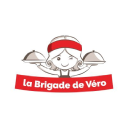 Food boxes: La Brigade de Véro sets its sights on Northern Europe - 13/11/2022
Food boxes: La Brigade de Véro sets its sights on Northern Europe - 13/11/2022
 Vermaat and Serenest: a marriage of convenience - 04/11/2021
Vermaat and Serenest: a marriage of convenience - 04/11/2021
